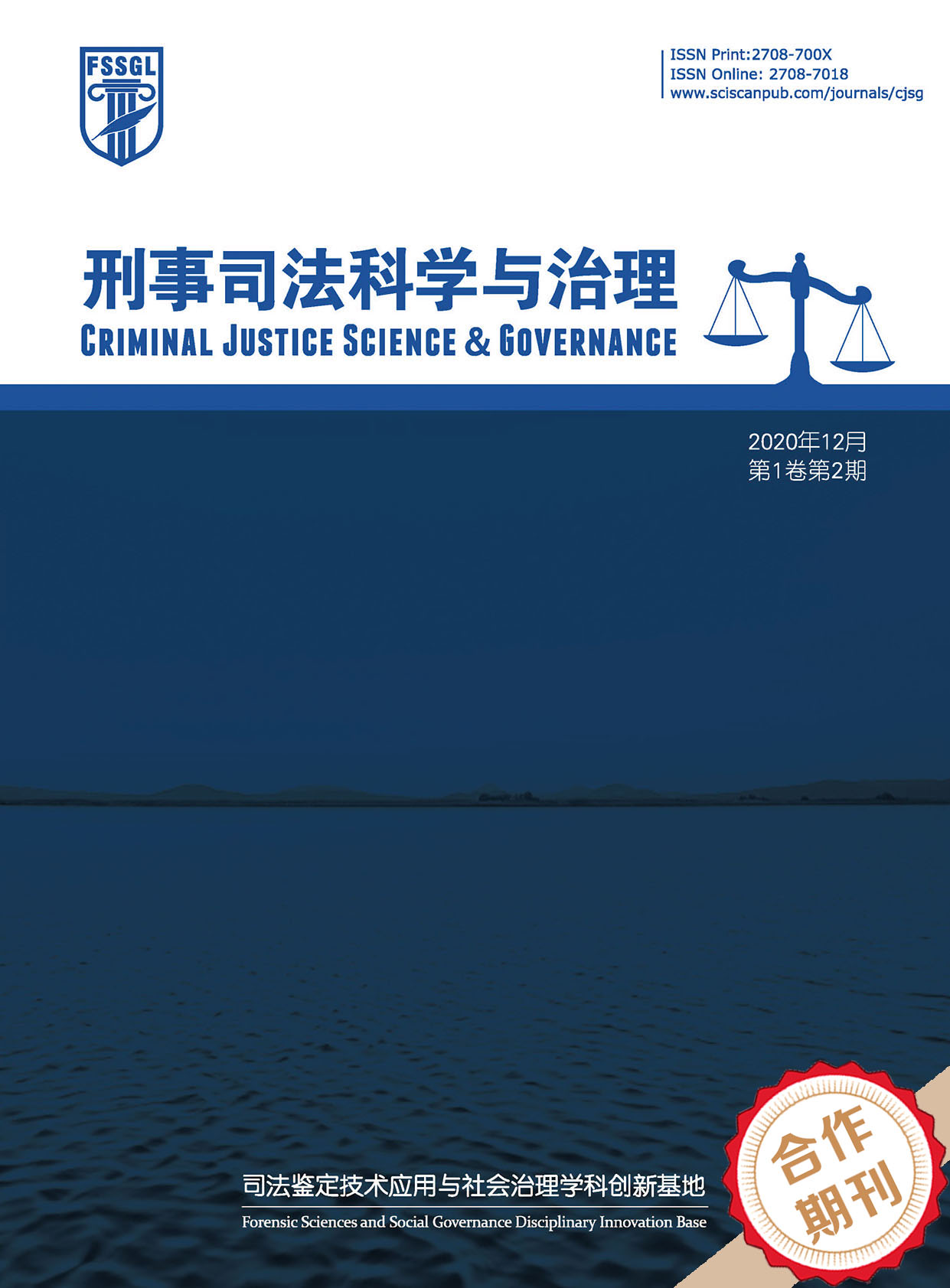Criminal Justice Science & Governance
ISSN Print:2708-700X
ISSN Online:2708-7018
Contact Editorial Office
Subscribe to the latest published information from SCISCAN
盗赃物善意取得之制度探析与构想——从公安机关刑事追缴实践出发
The System of Good Faith Acquisition of Stolen Goods Is Analyzed and Conceived —Starting from the Practice of Criminal Recovery of Public Security Organs
- Authors: 吕笑增¹ 赵展² 张向宇³
-
Information:
1.长春市公安局宽城区分局办公室,长春; 2.辽宁警察学院法学教研室,大连; 3.长春市公安局科技信息化处,长春
- Keywords: 民刑交叉问题;盗赃物;善意取得;无限追缴;立法空白
- Cross-cutting issues of civil punishment; Theft of stolen goods; Good faith acquisition; Unlimited recovery; Legislative gaps
- Abstract: 目前,在我国民法领域和刑法领域均未对盗赃物可以善意取得的制度予以明确规定,这导致了公安机关等司法实战部门在实践工作中对盗赃物采取的无限追缴原则无法可依,或只能依据《刑法》第六十四条做不适当的延伸和扩张;同时,最高法和最高检分别出台了相关司法解释,规定对符合善意取得条件的盗赃物不允许追缴,这与民法典未规定盗赃物善意取得条件的立法现状无法有效衔接,导致了立法空白。综上多种因素导致了规范盗赃物善意取得制度的必要性,只有通过立法途径有效解决此长期悬而未决的问题,才能真正切实保障各方权利人的利益平衡,提高司法和行政执法效率,保护买卖市场交易秩序。以公安机关对盗赃物的追缴工作实践为视角,可以从立法精神的法理角度初步探索盗赃物善意取得制度设立的良莠及利弊,进而为民事物权理论的法律规范提供立法导向和立法经验。
- At present, in the field of civil law and criminal law in China, the system of stolen goods can be obtained in good faith is not clearly defined, which leads to the public security organs and other judicial departments in practice to take the principle of unlimited recovery of stolen goods can not be relied upon, or can only be in accordance with Article 64 of the Criminal Law to make inappropriate extension and expansion; This is not effectively linked with the legislative status quo, which does not provide for the conditions for the goodfaith acquisition of stolen goods in the Civil Code, resulting in legislative gaps. A variety of factors lead to the need to regulate the system of good faith acquisition of stolen goods, only through legislative means to effectively solve this long-standing problem, can we truly protect the balance of interests of all rights holders, improve the efficiency of judicial and administrative law enforcement, and protect the order of buying and selling market transactions. The recovery of stolen goods by public security organs shall refer only to the criminal recovery activities of public security organs as the main body, and the criminal recovery of the courts shall not be within the scope of the adjustment of the legal norms of administrative regulations. From the perspective of working practice, we can explore the advantages and disadvantages of the system of good faith acquisition of stolen goods from the legal point of view of the legislative spirit, and then provide legislative guidance and legislative experience for the legal norms of the theory of civil rights.
- DOI: https://doi.org/10.35534/cjsg.0502010
- Cite: 吕笑增,赵展,张向宇.盗赃物善意取得之制度探析与构想——从公安机关刑事追缴实践出发[J].刑事司法科学与治理,2024,5(2):77-85 .














